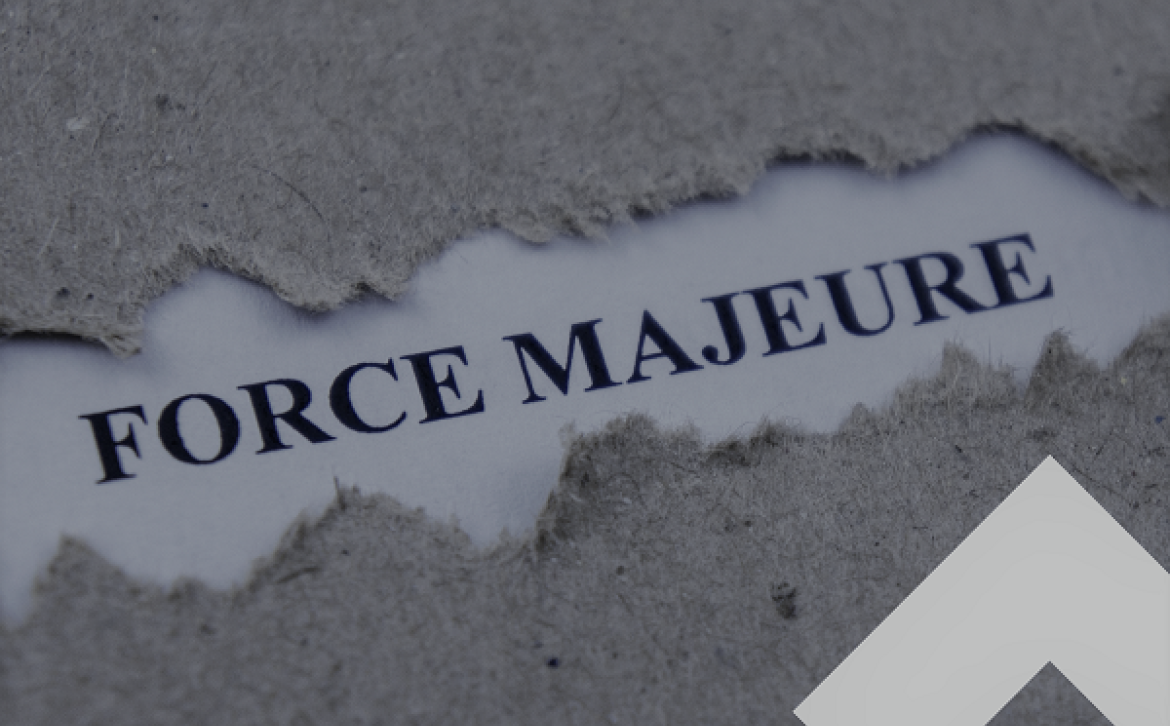NJORD Estonia: Unreasonable prices and war – force majeure?
The crisis in the financial markets, high fuel and food prices and rising inflation have been affecting our lives for a while now. Obviously, skyrocketing energy prices are forcing us to find solutions to adapt to the changing economic environment. At the same time, challenging times raise the question of whether one’s obligations could be left pending due to force majeure. We will focus on these issues in this article.

Before that, it is important to emphasise that in Estonia there is a general principle of pacta sunt servanda, according to which contracts are mandatory for execution. Simply put, this means that once the parties have reached an agreement on something, i.e., entered into a contract, it must be followed, no matter what. It also follows that only exceptional circumstances can be used to modify the contract or to preclude party from liability.
In international trade law, force majeure is a circumstance the occurrence of which excludes the debtor's liability for breach – i.e., the breach is excusable. Excusability means that the circumstance that led to the breach of the obligation is beyond the debtor's scope of influence. For example, the question could be whether the war in Ukraine or the high increase in electricity prices could be force majeure?
First, it is important to assess whether that particular circumstance was objectively foreseeable by the parties. It is also clear, of course, that persons engaged in economic or professional activities must foresee, among other things, that the economy is cyclic, i.e., as a rule it is a business risk. However, it cannot be ruled out that the performance of a supply obligation arising from a contract concluded years ago may be excusable because of war. The same cannot be said if the contract was concluded in the last half-year since in this case the complications caused by the hostilities had to be foreseeable.
Secondly, it is also necessary to assess how a particular circumstance of force majeure affects the performance of the contractual obligation. For example, it is difficult to establish a link between hostilities and the obligation to provide hairdressing services, which would allow us to argue that a breach of obligation of a hairdresser would be excusable due to the occurrence of force majeure. It is also important to know that although it has been stated in legal literature that in certain cases the violation of a financial obligation may also be excused, the established position of the Supreme Court is the opposite. Thus, the financial obligation must be fulfilled at all times. The exceptions are situations where the payment of money as an activity is prevented, for example, in the event of internet bank failures.
As a recommendation for the future, we suggest paying attention to the force majeure clause in the contracts to be concluded, so that it will serve your best interests in a difficult situation. NJORD's attorneys are also happy to help if, in light of already existing contracts, the question arises as to whether a circumstance could be force majeure or how to rely on it. Also, in the event of undue non-performance by the contractor on grounds of force majeure.




